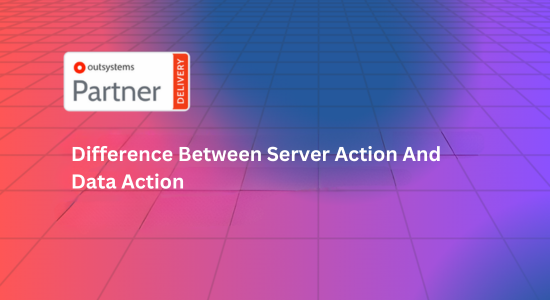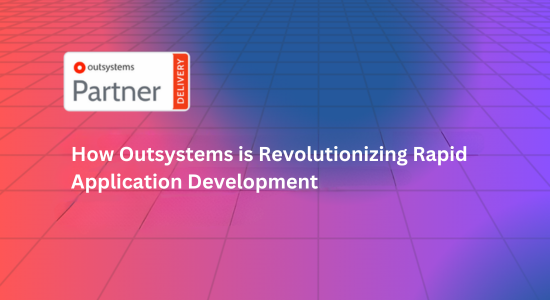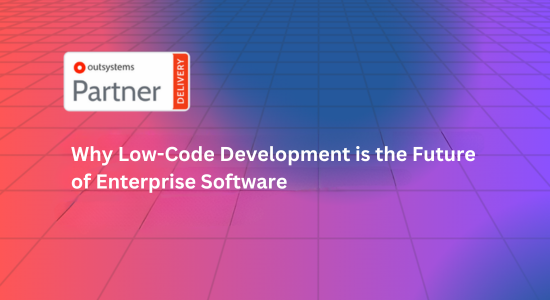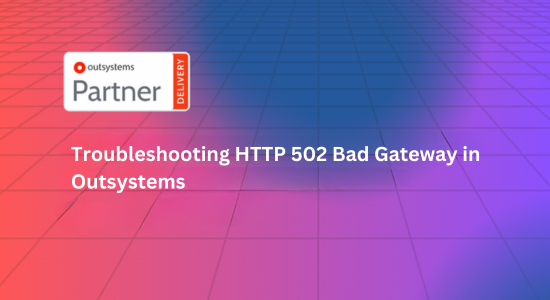In the complex world of insurance, efficiency and accuracy are paramount. At the heart of this operational excellence lies the Policy Administration System (PAS). This essential technology facilitates the end-to-end management of insurance policies, ensuring smooth processes from issuance to renewal. But what exactly is a policy administration system, and why is it crucial for modern insurance companies? This comprehensive guide will delve into everything you need to know about PAS, including its features, benefits, and selection criteria.
What is a Policy Administration System?
A Policy Administration System (PAS) is an integrated software platform designed to manage all aspects of an insurance policy’s lifecycle. From policy creation and issuance to maintenance, renewal, and termination, PAS handles various administrative tasks efficiently. These systems are used by insurance companies to improve accuracy, reduce operational costs, and enhance customer service.
Key Features of Policy Administration Systems
- Policy Creation and Issuance
- Automated policy generation
- Customizable templates
- Real-time policy issuance
- Policy Maintenance
- Endorsements and amendments
- Policy changes and updates
- Automated notifications and reminders
- Billing and Payments
- Integrated billing modules
- Flexible payment options
- Real-time payment processing
- Claims Management
- Seamless integration with claims processing systems
- Automated claims tracking
- Detailed reporting and analytics
- Compliance and Regulatory Management
- Up-to-date with regulatory changes
- Automated compliance checks
- Detailed audit trails
Benefits of Using a Policy Administration System
- Increased Efficiency
- Automation of routine tasks reduces manual work, allowing staff to focus on more complex issues.
- Improved Accuracy
- Minimizes human errors in policy administration, ensuring accurate data and processing.
- Enhanced Customer Service
- Faster policy issuance and better policy management lead to higher customer satisfaction.
- Cost Reduction
- Reduces operational costs by streamlining processes and eliminating redundancies.
- Scalability
- Easily adapts to the growing needs of the business, whether expanding product lines or entering new markets.
How to Choose the Right Policy Administration System
Selecting the right PAS for your organization is crucial. Here are some factors to consider:
- Functionality and Features
- Ensure the system offers the necessary features to meet your specific business needs.
- Ease of Integration
- The system should integrate seamlessly with your existing IT infrastructure and other software solutions.
- User-Friendliness
- A user-friendly interface ensures that your team can quickly adapt to and efficiently use the system.
- Customization and Flexibility
- The ability to customize the system to fit your unique requirements is essential.
- Vendor Support and Reputation
- Choose a reputable vendor with a strong track record of providing excellent support and regular system updates.
- Cost
- Consider the total cost of ownership, including initial setup, licensing, and ongoing maintenance fees.
Top Policy Administration Systems in the Market
- Guidewire InsuranceSuite
- Known for its robust functionality and seamless integration capabilities, Guidewire offers a comprehensive PAS solution.
- Duck Creek Technologies
- Provides flexible and customizable PAS solutions designed to meet the needs of various insurance lines.
- Insurity
- Offers cloud-based policy administration systems that are scalable and easy to integrate.
- SAP for Insurance
- A powerful PAS solution from a renowned software provider, SAP offers extensive features and reliable support.
- Sapiens PolicyPro
- Known for its user-friendly interface and flexibility, Sapiens PolicyPro is a popular choice among insurers.
Conclusion
A Policy Administration System is a vital tool for insurance companies aiming to streamline their operations, reduce costs, and enhance customer satisfaction. By automating and optimizing policy management processes, PAS enables insurers to stay competitive in a rapidly evolving market. When selecting a PAS, consider your specific business needs, integration capabilities, and the total cost of ownership to make an informed decision. With the right system in place, your organization can achieve greater efficiency, accuracy, and scalability.








